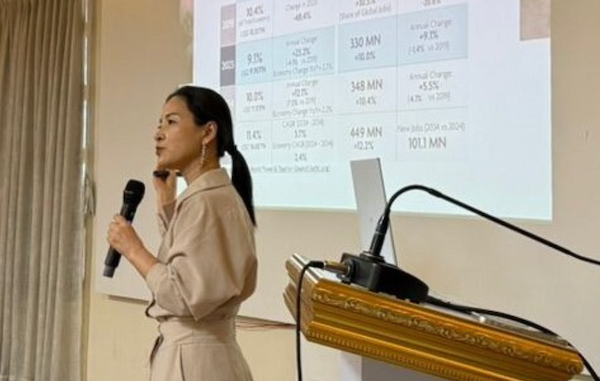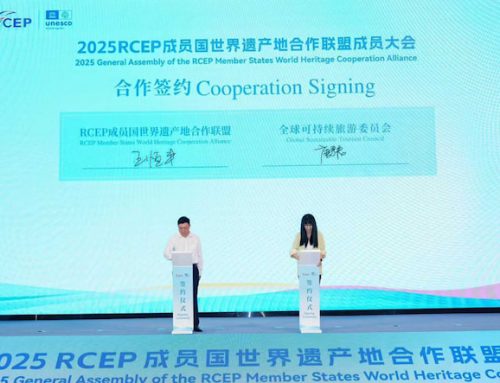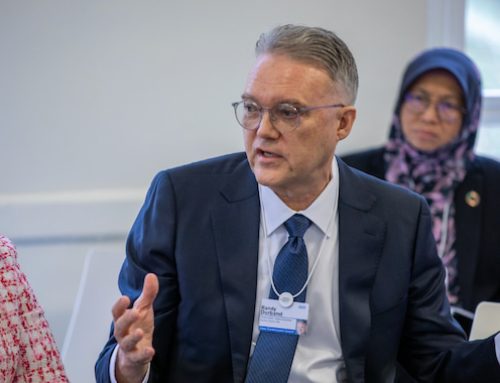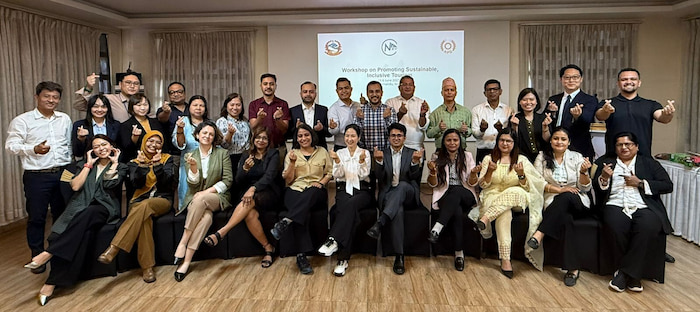
From June 3 to 6, 2025, the Asian Productivity Organization (APO), an intergovernmental organization dedicated to improving productivity in the Asia-Pacific region, held a regional workshop on Promoting Sustainable, Inclusive Tourism in Kathmandu, Nepal. The event was implemented in partnership with the National Productivity and Economic Development Centre (NPO) of Nepal and brought together government officials, tourism professionals, and practitioners from multiple APO member countries.
The four-day program focused on building capacity among tourism stakeholders to design and implement policies and practices that advance sustainability, inclusiveness, and cultural integrity. It featured a series of expert-led sessions exploring topics such as inclusive tourism models, digital storytelling for responsible tourism, certifications and standards for sustainable tourism, and policy frameworks, among others.
The interactive format of the workshop encouraged collaborative learning and peer-to-peer exchange. Delegations from Cambodia, India, and Sri Lanka presented their ongoing initiatives aligned with the GSTC framework, showcasing national strategies and pilot projects aimed at integrating sustainability into tourism planning and management. These contributions enriched the dialogue by offering practical insights into the challenges and successes of implementing sustainability at a national level.
In addition to classroom sessions, participants took part in a site visit to Patan Durbar Square, a UNESCO World Heritage Site, where they observed local efforts to balance tourism development with cultural preservation and community engagement.
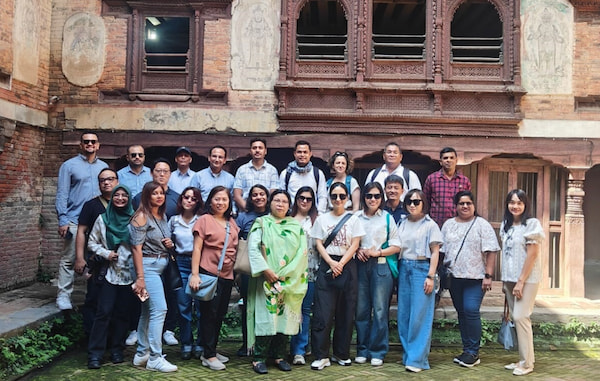
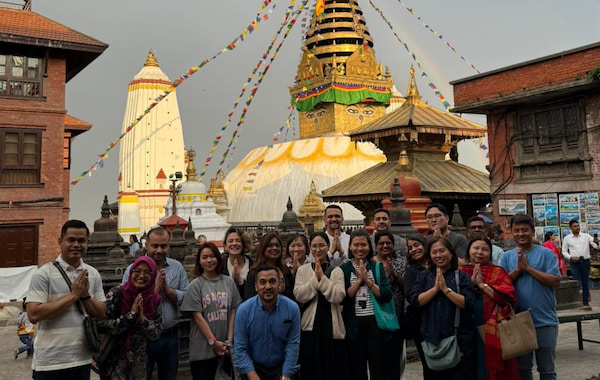
The workshop concluded with presentations by participants. These final exercises demonstrated not only the theoretical understanding gained during the program but also their commitment to translating what was learnt into actionable, sustainable strategies.
By fostering knowledge exchange, the APO workshop served as a step forward in supporting Asia-Pacific countries in developing tourism sectors that are environmentally responsible, socially inclusive, and economically resilient.

